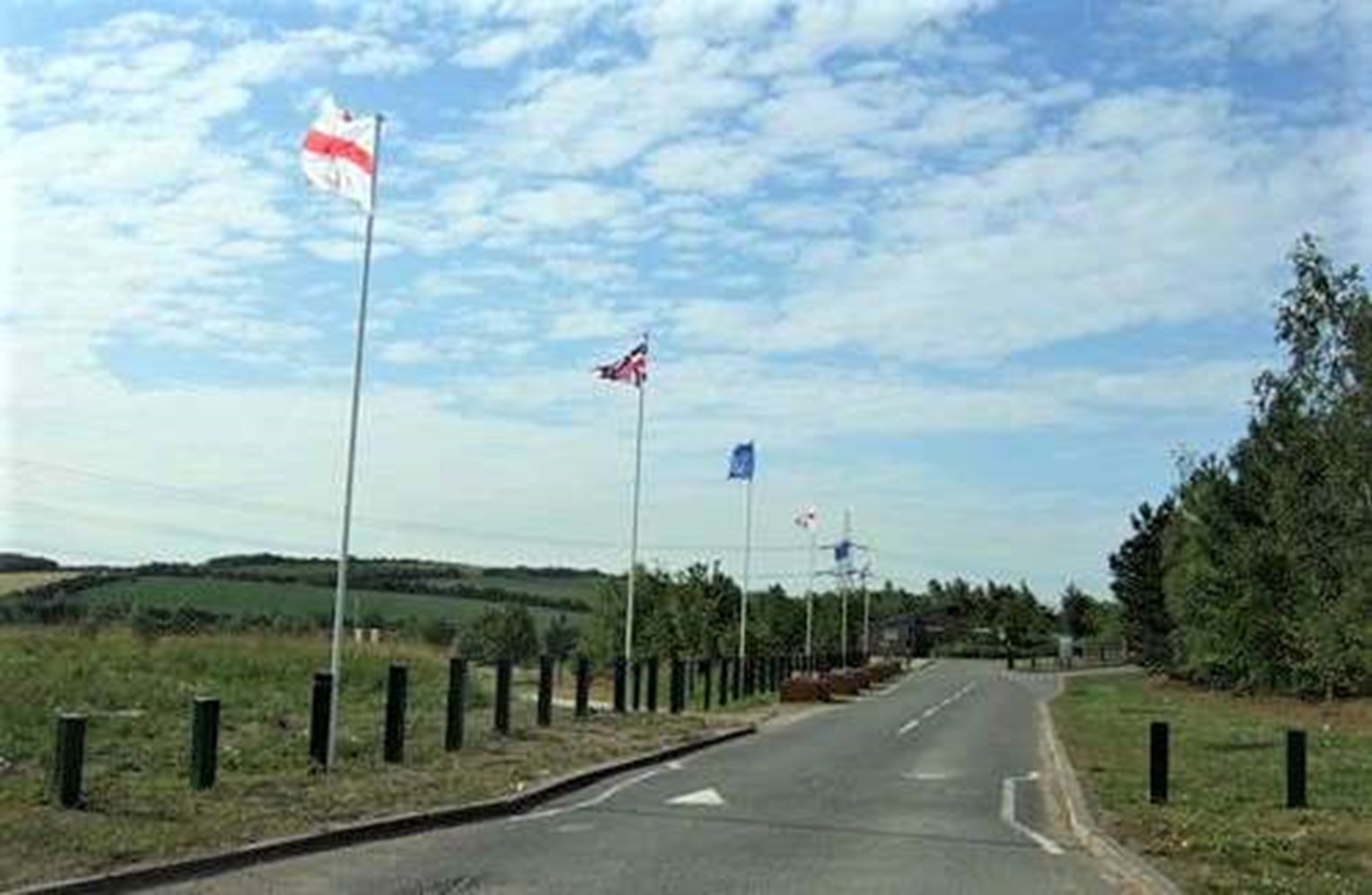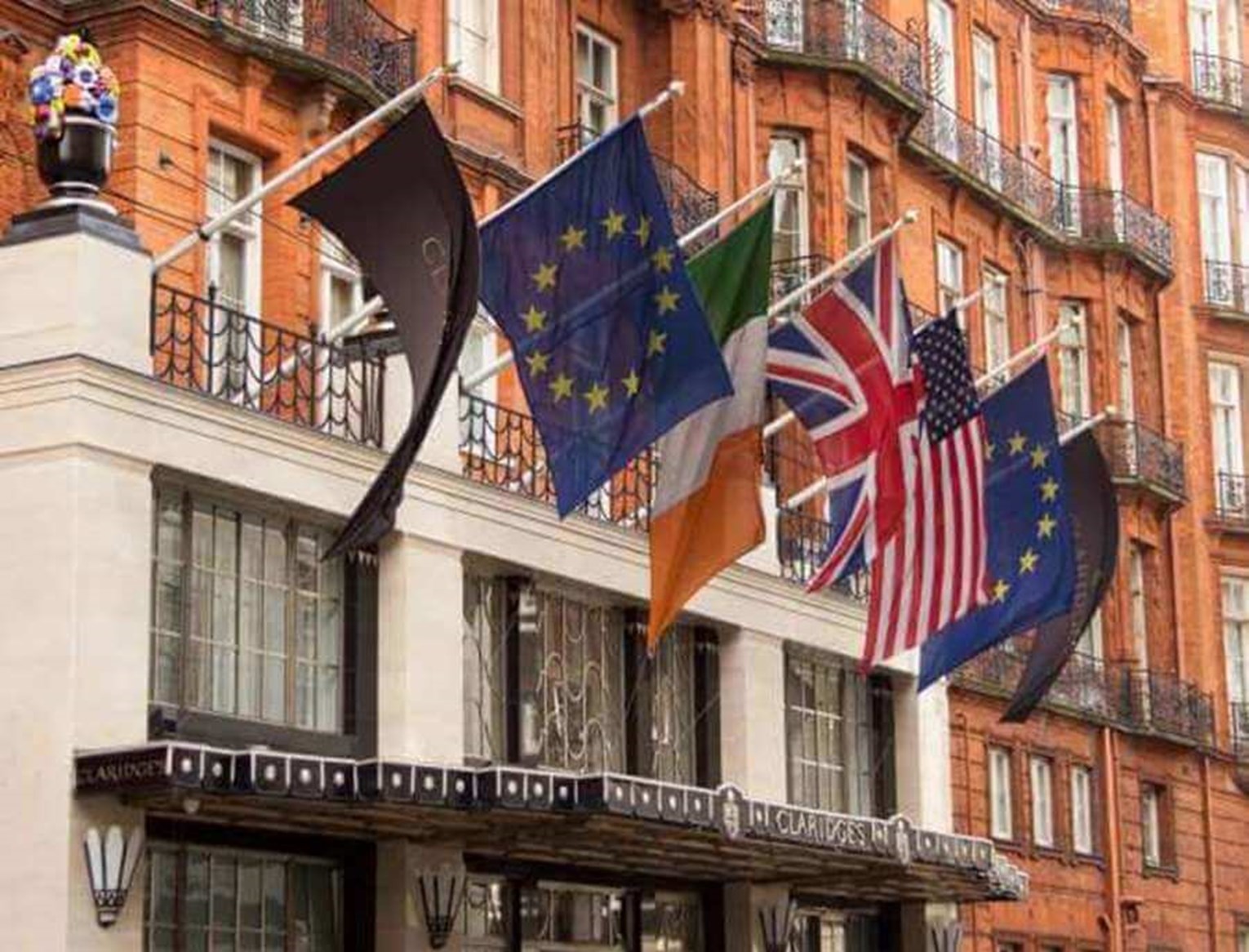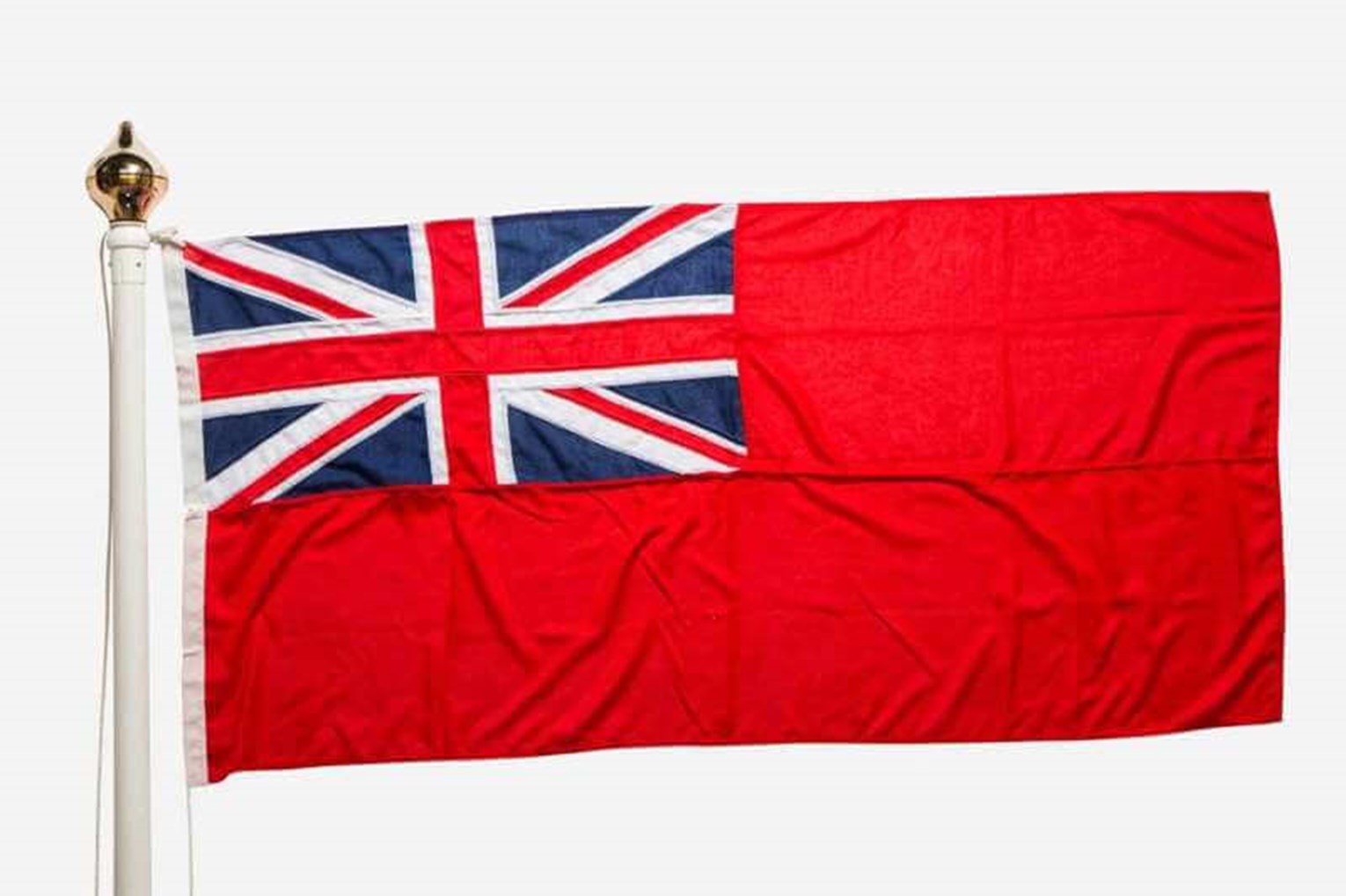If installing a permanent flagpole is currently on your agenda, you may need planning permission. But, before you sit down, apply for planning permission and pay the fees, you may want to take another look, because the fine print may indicate that you do not need to.
So, do you need permission to install a flagpole? You will require planning approval from your local council to install a permanent flagpole, depending on the height and placement.
Keep reading to learn more about the cost, and the requirements you must follow to ensure you are not violating any rules or regulations when installing a flagpole.
Do You Need Planning Permission To Put Up a Flagpole?
In general, all flags and flagpoles should meet the standard criteria, this includes the following:
- Clean
- Tidy
- Safe and in good functioning order
- You must have authority from the site owner
- Not obstruct official signs.
Furthermore, when you are installing a permanent flagpole, if it's over a specific height and for advertising purposes you will need planning permission from your local council.
So, why is this the case? This is because flags are defined as an "advertisement" under the Town and Country Planning Act 1990, and their exhibition is governed by the Town and Country Planning (Control of Advertisements) Regulations 1992.
When it comes to flagpole planning approval, understanding when to apply, what the height restriction is, and where you can place the flagpole can be difficult. We've highlighted when the best time is to apply for planning permission and possibly save you money if it's not something you require.

When Do I Need Flagpole Planning Permission?
The UK government has set up several benchmark criteria that indicates whether planning permission for a flagpole is required. That guide, however, is fairly complicated, so we have laid down the fundamentals of planning approval for your flagpole.
Does My Flagpole Need To Be a Specific Height?
Simply put, a flagpole cannot be taller than 4.6 metres above ground level, according to popular standards.
However, your local council will determine this particular height restriction; if your flagpole exceeds this height, you will need to apply for planning approval. If you are unsure which height your council recommends, it is best to contact them.
What's more, if you wish to plant a modest 2ft England flag in the ground, you don't need to seek planning permission.
Does My Flagpole Need To Be Located in a Specific Location?
There are varying rules depending on where you want to put your flagpole. Gov.uk has laid out which places are permissible but require planning permission. We have indicated when you will need permission to place a flagpole in that precise area below.
- Vertical flagpole on the roof
- A flagpole protruding from a building
- A flagpole in the grounds of a building
Does Flagpole Planning Permission Cost?
The planning approval itself does not cost anything, once you have been granted permission to install your flagpole, there will be no more expenses.
What's more, the planning permission application, which you will send to the council, will cost a set amount of money. Advertising application fees start at £132 and go up from there depending on the type of advertising you want to display.


When Do You Not Require Planning Permission?
As previously stated, there are alternatives to avoid paying large planning permission application fees, such as by purchasing a portable flag pole or flying a specific flag.
What Type Of Flags Can I Fly Without Permission?
If you intend to fly a specific flag, you will not need planning permission under certain conditions. This has been defined further below.
The national flag of any country, including the Union Flag, is exempt from advertisement control under Schedule 2 of the regulations if "each flag is flown from a single vertical flagpole and neither the flag nor the flagpole shows any advertisement additional to the design of the flag."
Here is a list of additional flags which do not require planning permissions
- The national flag, civil ensign, or civil air ensign of any country
- The flag of the Commonwealth, the United Nations, or any other international organisation to which the United Kingdom belongs.
- A flag representing an island, county, district, borough, burgh, parish, city, town, or village in the United Kingdom.
- The flag of the Black Country, East Anglia, Wessex, any part of Lincolnshire, any Riding of Yorkshire, or any historic county of the United Kingdom.
- The Saint David’s flag
- The Saint Patrick's Day flag
- The flag of any administrative division within any country other than the United Kingdom.
- Any flag representing Her Majesty's soldiers
- Armed Forces Day flag
Can I Buy a Portable Flagpole?
If your flagpole will not be permanent, you can choose a portable flagpole. This implies that a portable flagpole could be a good alternative if you'll be transferring sites across the country for an event.


Flagpoles For Sale UK
At Flagmakers, we sell a variety of flagpoles, including flagpoles that are more suited to harsh weather conditions, as well as some that are portable. Check out our flagpole collection here.
Alternatively, if you need more information about planning permission, please contact us and we will gladly assist you.





